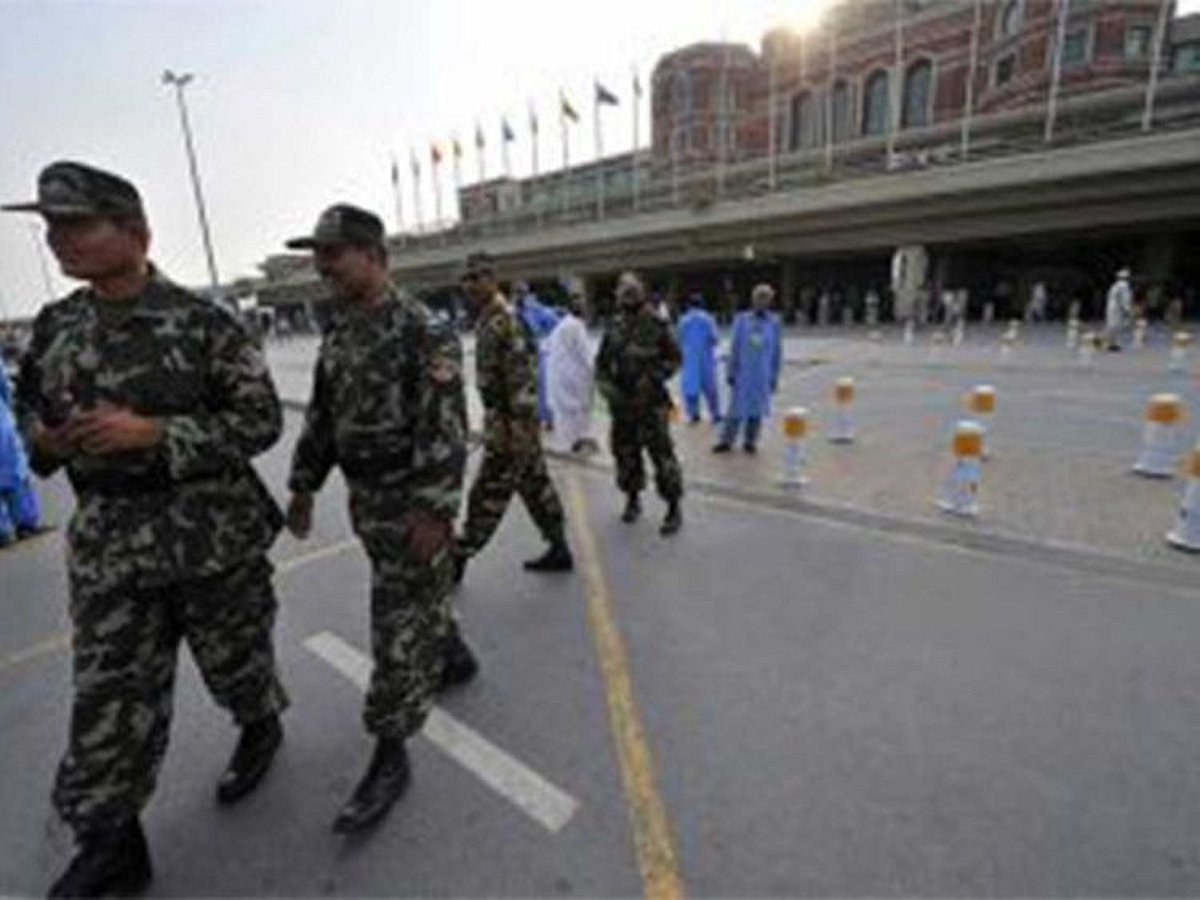New FIA Regulation Affects Pakistani Workers’ Travel
Pakistani workers seeking employment abroad are currently facing significant obstacles due to a recently implemented regulation by the Federal Investigation Agency (FIA). This new requirement mandates that travelers present a government-issued affidavit before they can board international flights for work.
Details of the New Regulation
The FIA’s updated rule, which has not been formally announced, stipulates that individuals departing Pakistan for employment must obtain an affidavit signed by a Grade 18 or 19 government officer. This document must affirm that the traveler intends to work legally in their destination country and will not attempt to migrate illegally to Europe.
Impact on Travelers
The enforcement of this regulation has led to considerable disruption at major airports, particularly in Lahore. Reports indicate that hundreds of passengers, despite holding valid tickets and employment documentation, have been denied boarding. In just one week, FIA immigration teams offloaded nearly 150 travelers. An official at Lahore Airport noted that 26 individuals were previously apprehended while attempting to enter Europe illegally, even though they possessed valid work or visit visas.
Rationale Behind the Regulation
Authorities assert that this measure is essential for combating human trafficking and illegal migration. However, many affected travelers argue that the requirement is excessive and creates unnecessary stress. One traveler expressed frustration, stating, “We have spent hundreds of thousands of rupees on tickets and documents. Being stopped despite having all paperwork causes unnecessary stress and financial loss.”
Measures to Facilitate Travel
To mitigate the impact of this new rule, the Protectorate of Emigrants has deployed inspectors at airports. Passengers utilizing the Overseas Employment Corporation (OEC) system are processed more swiftly, while those traveling through private recruitment agencies face additional verification steps. This distinction has led to varying experiences for travelers, further complicating the situation.
FAQs
What is the new requirement for Pakistani workers traveling abroad?
Pakistani workers must now present an affidavit signed by a Grade 18 or 19 government officer, confirming their intent to work legally and not migrate illegally to Europe.
Why was this regulation implemented?
The FIA introduced this regulation to combat human trafficking and illegal migration, following incidents where workers intended for legal employment later attempted to enter Europe illegally.
How are travelers being affected by this rule?
Many travelers have been denied boarding at airports despite having valid tickets and employment documents, leading to frustration and financial losses.
Conclusion
The new FIA regulation has created significant challenges for Pakistani workers seeking employment abroad, leading to delays and confusion at airports. As authorities work to balance the need for security with the rights of genuine workers, it remains crucial for travelers to stay informed about the latest requirements and procedures to ensure a smoother travel experience.
The introduction of the FIA’s new regulation comes amid growing concerns over the safety and legality of overseas employment for Pakistani workers. Many individuals from Pakistan seek opportunities abroad to improve their economic conditions, often relying on remittances as a primary source of income for their families. However, the rise in illegal migration attempts has prompted authorities to take stricter measures to ensure that workers are not exploited or misled by unscrupulous agents.
The requirement for an affidavit aims to create a more regulated environment for overseas employment, but it also raises questions about the accessibility of such documentation for potential travelers. The need for a government officer’s signature may create additional hurdles for workers, particularly those from rural areas or lower socioeconomic backgrounds who may not have easy access to government services. This could inadvertently limit the opportunities available to those who are already vulnerable.
As the situation evolves, stakeholders, including labor rights organizations and government agencies, are likely to engage in discussions to address the challenges posed by this regulation. The balance between safeguarding workers and facilitating legitimate employment opportunities will be crucial in shaping future policies. Ongoing dialogue may lead to adjustments in the regulation or the introduction of support mechanisms to assist workers in navigating the new requirements effectively.
Also Read:
UK Deportation of Sex Offender Raises Immigration Concerns







